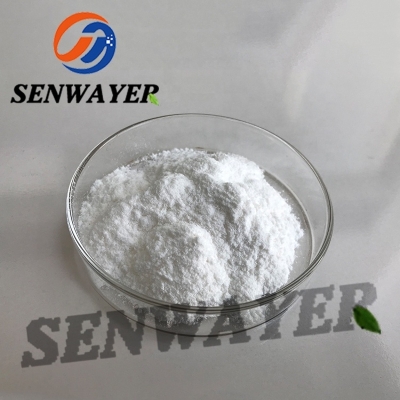Anti-cancer drugs approved simultaneously in multiple countries! Two more countries join the Orbis program that benefits patients worldwide
-
Last Update: 2019-11-21
-
Source: Internet
-
Author: User
Search more information of high quality chemicals, good prices and reliable suppliers, visit
www.echemi.com
The Orbis program, which is participated by drug review institutions in many countries, speeds up the review process, realizes the simultaneous approval of cancer drug application in different countries, and has a certain degree of flexibility The plan is likely to expand to include two new countries Recently, Dr Richard pazdur, director of FDA oncology Excellence Center, said at the annual meeting of friends of cancer research, a patient rights organization held in Washington that the pilot project of FDA international cancer drug evaluation may be expanded and newly incorporated into drug regulatory agencies in two countries On September 17 this year, the FDA announced the framework plan called "ORBIS plan", through which the FDA, together with the Australian drug administration (TGA) and the Health Canada, achieved the simultaneous approval of cancer drug use expansion indications This approval is also part of the FDA's real-time Oncology Review pilot program According to Health Canada officials, the Orbis program accelerates the review process; normally, the review period for new indications is 200 days, but through the program, the review period is shortened to 90 days At the same time, the Orbis program has some flexibility In September of this year, when approving the extended indications of cancer drugs simultaneously, although FDA, TGA and Health Canada all agreed to conditional or accelerated approval, they did not require the regulators involved in the program to accept the same decisions as other regulators Dr pazdur said the plan does not require that participants agree everywhere If the participating regulators have different opinions, they can freely choose the approval channel, and the drug label description can also be different Dr pazdur noted that TGA determined that FDA's review was not useful to itself because the FDA's approach required a lot of re editing TGA has chosen to work with the sponsor to conduct some reviews without re editing Dr pazdur doubts whether the European Drug Administration (EMA) will join the Orbis program, which currently targets countries with relatively slow drug applications Referring to the dialogue with the industry on the Orbis program, Dr pazdur said that some companies were reluctant to choose to pass the program review The reason is that these companies don't have enough manufactured goods; they don't have a registration department in the countries participating in the Orbis program; or they are due to drug pricing factors Drug pricing in Canada and Australia is based on that in the EU For companies considering submitting drug registration applications through the Orbis program, Dr pazdur said the pilot program "will not slow down the FDA's review, nor will the FDA outsource work to other regulators." Dr pazdur, who may be a new regulator in Singapore and Switzerland, recently visited Singapore and Switzerland He said that if ORBIS plans to add regulators in these two countries, the relevant parties will further cooperate in the way of the existing Australia Canada Singapore Switzerland Consortium (ACSS collaboration) The ACSS collaboration was founded in 2017 and includes TGA, Health Canada, the health science agency of Singapore and Swissmedic The purpose of the collaboration is to promote regulatory cooperation and synergy among regulators through work sharing mechanism, and solve emerging scientific and regulatory issues related to medical products If ORBIS plans to expand its capacity successfully, it will be expected to achieve the simultaneous approval of cancer drug application in the United States, Australia, Canada, Singapore and Switzerland, as well as facilitate the exchange and interaction between drug regulatory agencies in different countries.
This article is an English version of an article which is originally in the Chinese language on echemi.com and is provided for information purposes only.
This website makes no representation or warranty of any kind, either expressed or implied, as to the accuracy, completeness ownership or reliability of
the article or any translations thereof. If you have any concerns or complaints relating to the article, please send an email, providing a detailed
description of the concern or complaint, to
service@echemi.com. A staff member will contact you within 5 working days. Once verified, infringing content
will be removed immediately.







